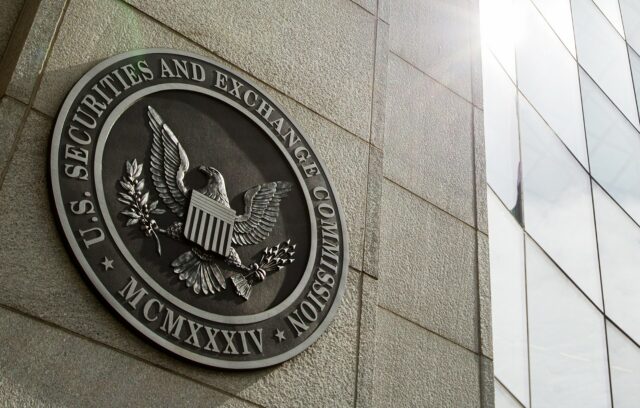After 862 enforcement actions, including 256 standalone actions, the United States’ Securities and Exchange Commission (SEC) has reported that it has “obtained judgments and orders” valued at over $4.3 billion in disgorgement and penalties over the past year.
Actions covered a range of issues: from securities offerings, auditor misconduct, and issuer disclosure / accounting violations; to investment advisory issues, insider trading, market manipulation, and broker-dealer misconduct.
It also claims to have returned an approximate $1.2 billion to investors who have been affected post-enforcement, as revealed directly by the SEC in a press release and accompanying ‘CFTC Enforcement Division 2019 Report’.
According to the ‘CFTC Enforcement Division 2019 Report’, the enforcement efforts of the SEC are influenced by “five core principles”: (1) a focus on the Main Street investor, (2)a focus on individual accountability, (3) keeping pace with technological change, (4) imposing remedies that most effectively further enforcement goals, and (5) constantly assessing the allocation of resources.
“The results depicted in this report reflect the division’s focus on rooting out misconduct that can do significant harm to investors and our markets, and the focus the division places on identifying wrongdoing and taking prompt action to effectively help harmed investors…
Across a broad array of cases, the Enforcement staff has continued to show determination, sophistication, and thoughtfulness in detecting and deterring bad conduct and crafting meaningful remedies.
I thank the dedicated women and men of the division, in our home office and in our 11 regional offices, for their efforts in support of our mission and investors.”
Jay Clayton – Chairman, SEC
That the SEC sees fit to boast about the value of funds requisitioned as part of its enforcement duties brings into question where the government entities priorities are placed. This question becomes more pertinent when you look at the commission’s actions beyond the official report.
Whilst the report covers all enforcement actions taken by the SEC, it is the area of cryptocurrency where it appears investigations and convictions are ramping up the most – with organisations such as Telegram, Kik, and Block.one facing massive financial penalties this year alone.
Furthermore, many convictions appear to affect companies with highly curious (and potentially politicised) timing. The Telegram TON network for example, was nearning launch and had been in the works for a long time – as well as being in the public periphery before it was taken down mere weeks before its highly anticipated release date.
Facebook’s Libra has been facing similar issues, with seemingly tactical imposition of legislative scrutiny from congress – in addition to a trial-by-press.
Finally, Block.one recently settled out of court for $24 million with the SEC (primarily regarding a prior token sale which didn’t involve EOS), presumably to help mitigate any risks posed to its forthcoming Voice social media platform.
“The actions and initiatives described in the report reflect our deliberate, principled approaches to investigations, litigation, and case resolutions…
We are proud of the work Enforcement staff did in enabling the SEC to punish misconduct, deter future wrongdoing, and obtain relief for harmed investors.”
Steven Peikin – Co-Director, SEC Enforcement Division
Whilst the rulings against many of these companies may help to set a legal precedence and reference point upon which future cases and legislation may be established; the legislation itself has not changed or solidified by the commission- nor has its policies.
As a result, the guidelines for companies to follow are vague despite the increase in convictions and investigations -> further discouraging all but the largest companies from getting involved with commercially viable cryptocurrency projects due to the crippling nature of the fines which may be imposed at any point without warning or consistency in precedence.




